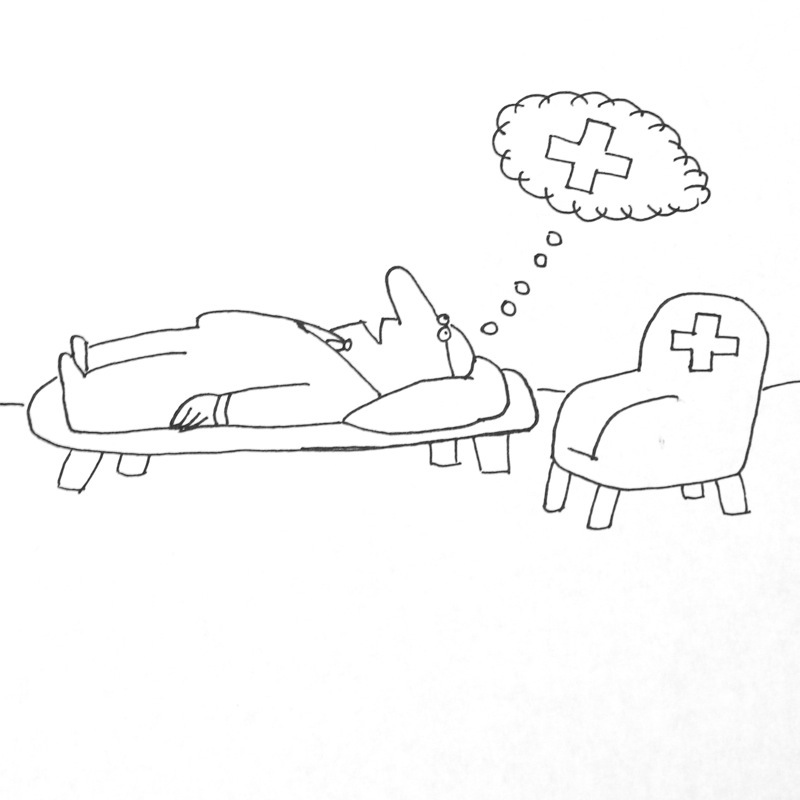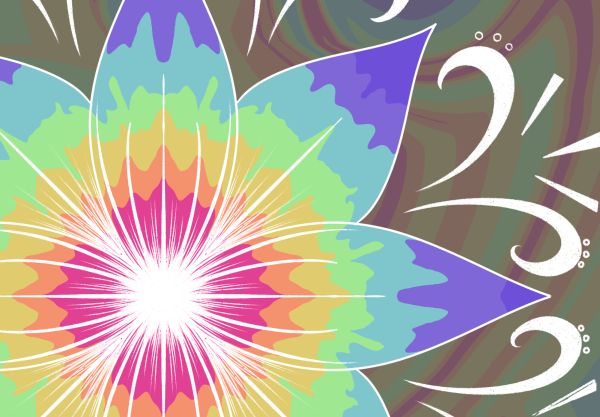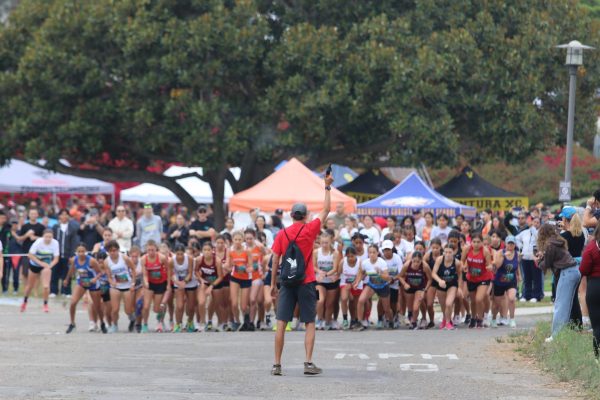Otto Tielemans: When God is your therapist
April 18, 2013
 No matter who you are, where you are, or what you are up to, pain and suffering is bound to knock on your door. For some, this unwanted house guest may visit frequently. For others, it may be a rare occurrence. But more often than not, negative moments will mug you at the most inconvenient of times, leaving you distressed with more questions than answers.
No matter who you are, where you are, or what you are up to, pain and suffering is bound to knock on your door. For some, this unwanted house guest may visit frequently. For others, it may be a rare occurrence. But more often than not, negative moments will mug you at the most inconvenient of times, leaving you distressed with more questions than answers.
As any other human being on Earth, I understand that I am not exempt from these horrid events. I cannot make them disappear or pass them off to someone else. But unlike many who attempt to avoid these negative moments, I choose to embrace them.
Being a Roman Catholic, I understand that the suffering and pain occurring in the world is a normal, if not vital, part of life. I understand that suffering is necessary to remind us of our mortality and to serve as a reminder that we must be proactive in making the world a better place. I also understand that pain and suffering serves us an epitome which allows us to reevaluate our lives and see what is truly important.{sidebar id=66}
But even though my love for God is great and I am completely devoted to Him, I look for explanations to some events which do not always have a simple explanation. Like a faulty puzzle piece, some answers are just not the perfect match.
Take this week’s bomb explosions in Boston, Massachusetts as an example. Three dead and over 140 people injured, at a marathon of all places. What kind of answer can be given for such an inhumane and unprovoked atrocity occurring? How can such an evil be explained?
You can ponder through every piece of literature and ask every professional, but the fact of the matter is that you won’t receive a response which completely satisfies you.
But the bomb attack on Bostonians isn’t the only difficult question of cruelty we have to deal with. What about the bloody civil wars engulfing the developing world? What about the billions of people starving on our planet? What about the high infant mortality rate and the political oppression taking place throughout the globe?
For a person who pushes himself to look at the world beyond his doorstep, these are the type of questions which ponder in my mind. To make matters more complex, I refuse to talk about the questions buzzing around in my head and instead opt for “Divine Guidance.”
As I see it, prayer is a direct conversation with God. Whether it is the rosary or a simple prayer, this intimate back-and-forth conversation is the moment in which I ask my most intimate questions and profess my deepest doubts. To be quite frank, as I pray, I imagine that I am bestowing my thoughts and troubles to a gray-bearded philosopher with round eyeglasses that merely sits on a leather armchair and occasionally scribbles some notes down on his yellow, college-ruled notepad.
For some questions, the answers come instantaneously. For others, the answers take days, weeks, or months if they even end up arriving at all. But no matter how intimate of a relationship I feel with God, some things are just too emotionally tiring and complex to understand.
And for those questions without answers, I can accept not knowing.
However, I understand that not everyone can handle not receiving an answer.
In our modern day society, we want everything to be done immediately. We don’t want to know it in three weeks. We wanted to know yesterday and the fact that we still don’t know the answer to our deepest questions irks us. Religion, unfortunately, has not completely adapted to the shifts taking place throughout the world. It is still attempting to connect biblical teachings to the present, which is a hurdle in itself.
Of course, I don’t expect religion to change rapidly just so that we may have the answer to all of our questions. It is not supposed to.
Religion is meant to be a solid institution whose morals, values, and teachings remain consistent from generation to generation. But in an ever-changing world, those who turn to their faith for answers find confusion amongst clerics and clergy members who face a struggle in attempting to explain 21st century, man-made atrocities such as bombings and genocides which the Bible doesn’t necessarily have an immediate answer for.
Especially amongst religious students on campus who are seeking to make sense of the world, their faith adds to the difficulty of understanding the atrocities taking place at home and abroad because it fails to answer a pivotal question: “Why would God allow such mayhem to take place on Earth?”
Of course this goes back to the idea that suffering is a natural part of life and while that may make sense to me, it doesn’t always answer every question.
For me at least, having God as my “therapist” is like having a counselor on speed dial. No matter what time of the day or night it is, I have someone to turn to for answers and explanations. However, while I may find explanations for painful events taking place in my life, I still cannot make sense of tragic events such as the bombings in Boston. And maybe such events weren’t supposed to be understood, but one thing is for sure: from the pain and suffering taking place across the globe I can fully appreciate what I have and reevaluate my life to see beyond the materialistic and acknowledge the truly important things in life.












